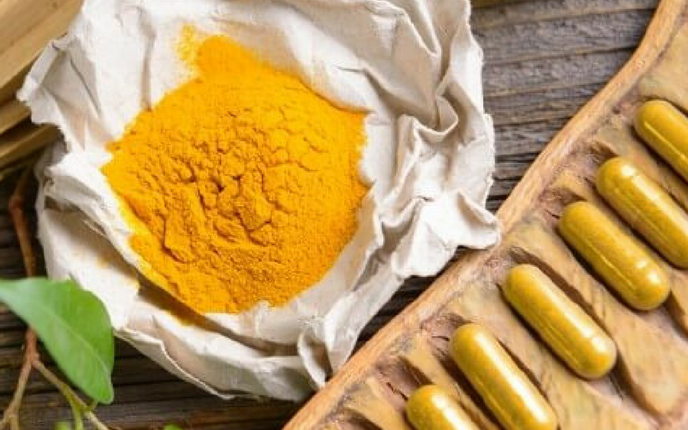
Sensitive skin is a common skin condition which can crop up at any time in your life, it can be caused by anything from allergic reactions, to rosacea, eczema, medication and excessive exposure to sun and wind. But how can you best deal with it? Take a look at my top tips for some of the most frequently asked questions I get asked…
Q. So what actually is sensitive skin?
A. Well I find that there can be two different types of sensitive skin; one that’s sensitive to ingredients – also known as a reactive skin – that can come up in a rash and the other thats sensitive to heat and cold – so more likely to flush – which I call a responsive skin.
Q. Who can suffer from sensitive skin?
A. Anyone can develop a sensitivity to an ingredient in the products they’re using no matter how long they’ve been using them, however a responsive skin is something that might be more connected to genetics, stress or medication.
Q. Do you think sensitivity is on the increase? And why do you think this is?
A. In a word – YES! We’re applying more ingredients to our skin, we have higher stress levels impacting on our hormones, our water system is not as pure as it was and we’re taking more prescribed medication on a regular basis including the contraceptive pill.
Q. What products are best to use on sensitive skin?
A. Anything that is gentle and unscented – I’ve found that fragrance is one of the largest skincare ingredients that causes skin irritation.

Q. What ingredients would you say are no-no’s for sensitive skin?
A. AHA’s – also known as Alph Hydroxy Acids. These are great for most skin types in reducing wrinkles and softening defined lines but in sensitive skin they can cause redness. Again fragrance can cause irritation so I would stay away from anything with this in as well as products containing clay.
Q. And what about diet choices – can these affect my sensitive skin?
A. Yes, focusing on including anti-inflammatory foods in your diet is a good start and make sure you listen to your gut health too. I’d suggest trying to adding turmeric to your diet as it has both antiseptic and antibacterial properties that can help with sensitive skin. Another dietary issue that can affect people is excessive sugar so try cutting down on them as these can cause internal inflammation too.

Q. Finally is there anything else that people with sensitive skin should be doing or avoiding?
A. I’d say that it would be a good idea to avoid extreme heat and cold that can wreak havoc on the skin. Another good point would be to look for skincare products with natural ingredients – this is a big trend at the moment and Gwyneth Paltrow and the Goop crew are big fans of ‘Clean Beauty.’ It’s also a good idea to look at taking a supplement that can support the building blocks of your skin – something that includes zinc to boost immune function and selenium that safeguards cell membranes.